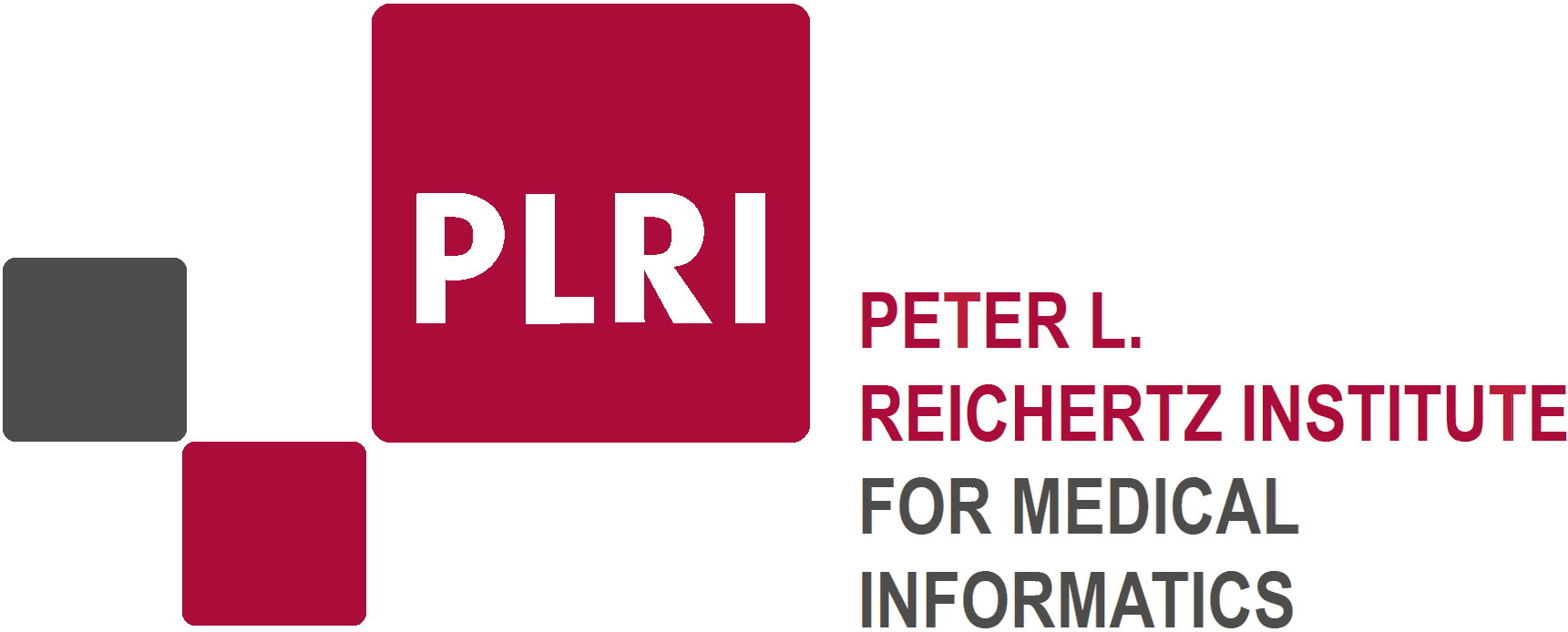
Technological progress is continuously improving the possibilities of healthcare. However, many existing potentials of improvement are still far from being fully exploited. In particular, the environments in which we spend plenty of time, such as home, work and the car as the event data recorders are appropriate for the monitoring of vital signs. This monitoring enables earlier detection of diseases because it allows conclusions about a person’s health. Especially people who frequently use the car for commuting, spend a considerable amount of time in their car. Nowadays, the type of driving is facing a paradigm shift to autonomous driving, which makes it possible to use driving time in a different way, e.g., for a medical check-up. The recording of vital signs and the monitoring of health could transform a car into a diagnostic space. So far, it is not established to record vital signs in cars, which is due to ethical but also to technical difficulties. Another problem is the low signal-noise-ratio under real driving conditions. Due to the low signal-noise-ratio, the processing of the vital signs during driving is an unsolved problem.
At PLRI, we are working toward finding solutions for such bottlenecks.
